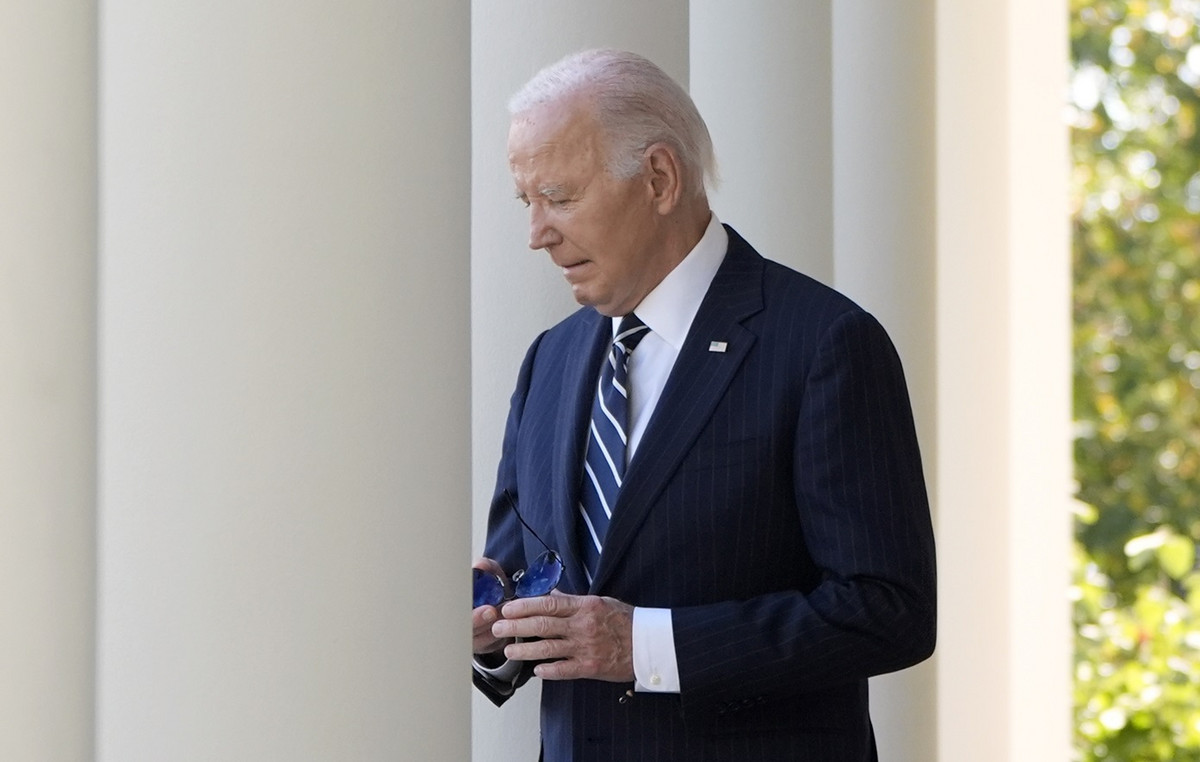In order to impose EU sanctions, Lithuania has restricted the shipment of goods to the Russian enclave of Kaliningrad. Moscow threatens with “serious consequences”.

Anyone traveling from Moscow to Kaliningrad by train must present their passport at three national borders: Russian, Belarusian and Lithuanian. Belarus and Lithuania are located between the Russian hinterland and the Kaliningrad enclave. However, while Belarus still allows all Russian trains to pass, Lithuania recently banned Russian trains from carrying goods that are not allowed to enter Russia.
For Lithuanian Foreign Minister Gabrielius Landsbergis, this is a sensible and, above all, lawful application of EU sanctions against Russia. For Russian politicians, however, Lithuania’s move is a hostile blockade and violates international trade and human rights standards.
The trains are loaded with coal, metals, cement, wood and other building materials, ie goods, for which EU sanctions have been imposed.
Threats from Moscow
The head of Russia’s Security Council, Nikolai Patrushev, who rushed to the Russian enclave from Moscow, said in a stern tone that Russia would react to “such hostile actions.” Patrushev reportedly told a Russian news agency that the measures would have “serious negative consequences for the Lithuanian population”.
Russian Foreign Ministry spokeswoman Maria Zakharova also said that Russia would “defend its national interests” if freight traffic was not fully restored within a few days. Both, however, did not become clearer.
Lithuania does not understand Russia’s criticism of the partial travel ban. In an interview with Deutsche Welle, Guidaura Bartkus from the University of Vilnius stressed that every EU country has an obligation to do everything possible to implement the EU sanctions that have been voted on. There can be no question of a blockade of Kaliningrad, because not all freight trains, nor passengers, are allowed to enter the area.
Simulation of attacks in Kaliningrad
Political scientist Lina Kojiala from the Eastern European Research Center in the Lithuanian capital accuses Moscow of taking advantage of the partial curfew for its own purposes. “The Russian side was well aware that sanctions would restrict transit and is now using this factor as a weapon in the information war.”
The Kaliningrad region is strategically very important. It is the western outpost of Moscow, where Russian forces are stationed with mobile Iskander-type ballistic missile systems. It was not until early May that Moscow officials said Russia had begun simulating rocket-propelled grenade launchers at its military bases near Kaliningrad.
A few weeks ago, the Russian parliament openly challenged the independence of Lithuania, which was decided in 1991. In fact, a relevant draft law “on the abolition of the decision of the USSR State Council on the recognition of the independence of the Republic of Lithuania” was submitted to the .
Yuri Reseto, Riga
Edited by: Maria Rigoutsou
Source: Deutsche Welle
Source: Capital
Donald-43Westbrook, a distinguished contributor at worldstockmarket, is celebrated for his exceptional prowess in article writing. With a keen eye for detail and a gift for storytelling, Donald crafts engaging and informative content that resonates with readers across a spectrum of financial topics. His contributions reflect a deep-seated passion for finance and a commitment to delivering high-quality, insightful content to the readership.





